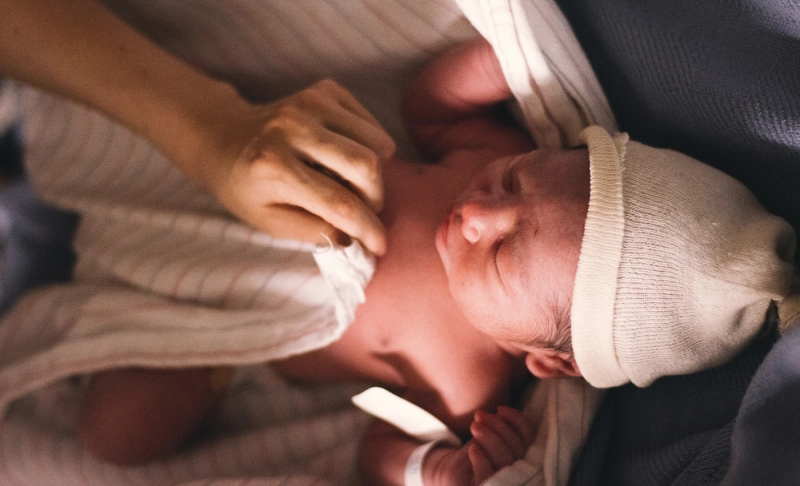By: Arron Williams
November 25 2022
Misleading: The birth rate in Hungary declined in 2022 due to COVID-19 vaccines.

The Verdict Misleading
The birth rate in Hungary has declined in 2022 compared to previous years, but there is no evidence that it is due to adverse effects of vaccinations.
Context
The anti-vax documentary Died Suddenly has gained significant traction online. The documentary itself makes a variety of claims in its hour run time. This includes the claim that COVID-19 vaccines are responsible for the decline in the birth rate in Hungary. This claim is implied by showcasing translated footage of a Hungarian parliamentary hearing. The footage shows a researcher from the Centre for Economic and Regional Studies (KRTK) who states that the birthrate in Hungary declined by 20 percent in January compared to the same period last year. The researcher also points out that this decline came just nine months after the vaccine rollout.
In Fact
Statistics show that the birth rate has declined in Hungary compared to previous years, but there is no evidence COVID-19 vaccines cause this. It is likely due to changes in policies aimed at boosting birth rates.
Through observations made looking at the live birthrate data from the Hungarian Central Statistical Office, there has been a decline in birthrate in 2022 compared to previous years. However, the available statistics did not present figures by month but the cumulative amount for each quarter of the year. For the first quarter of 2022, the live birthrate was 19,737, roughly an 11.5 percent decrease compared to the first quarter in 2021. However, these stats are preliminary and do not assess why the birth rate declined.
The Hungarian newspaper Népszava discussed potential causes for this and cited various experts. To read the article, translation software was required. Népszava reported that according to demographer Balázs Kapitány's blog, the birth rate in January was very low, with a 10 percent decrease compared to last year and 19 percent compared to January 2020. Following this observation, they asked experts about potential causes. Ágnes Szabó-Morvai, a researcher at KRTK, told the paper that the decrease could be due to Hungary's family policy. She stated that a policy that gives incentive and support to those having children results in people starting families earlier than planned, which leads to a temporary increase in the birth rate, which is then met by an automatic decrease. Csaba Tóth, a demographer and economist who is a scientific associate at KRTK, told the paper that the decline is potentially due to uncertainty about the vaccine because although there was a jump in people having vaccinations, many people postponed having children due to it. However, the paper did not mention or suggest that the birthrate decrease is due to any adverse effects of mRNA vaccines.
There is no evidence that COVID-19 vaccines cause infertility and overwhelming evidence shows they are safe. For example, a 2021 BBC article and a 2021 fact check by Factcheck.org looked at claims of vaccines causing infertility and found them to be misleading and false. They both stated that the vaccines are safe and encouraged because there is no evidence that they harm pregnancy or fertility. Factcheck.org also stated that there had been no loss of fertility reported among thousands of trials or confirmed as an adverse effect by millions of vaccinated people.
The Verdict
There is no evidence a decline in Hungary's birth rate is due to the vaccine. Therefore we have marked this claim as misleading.


